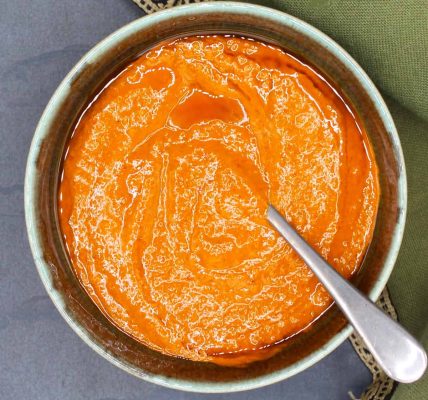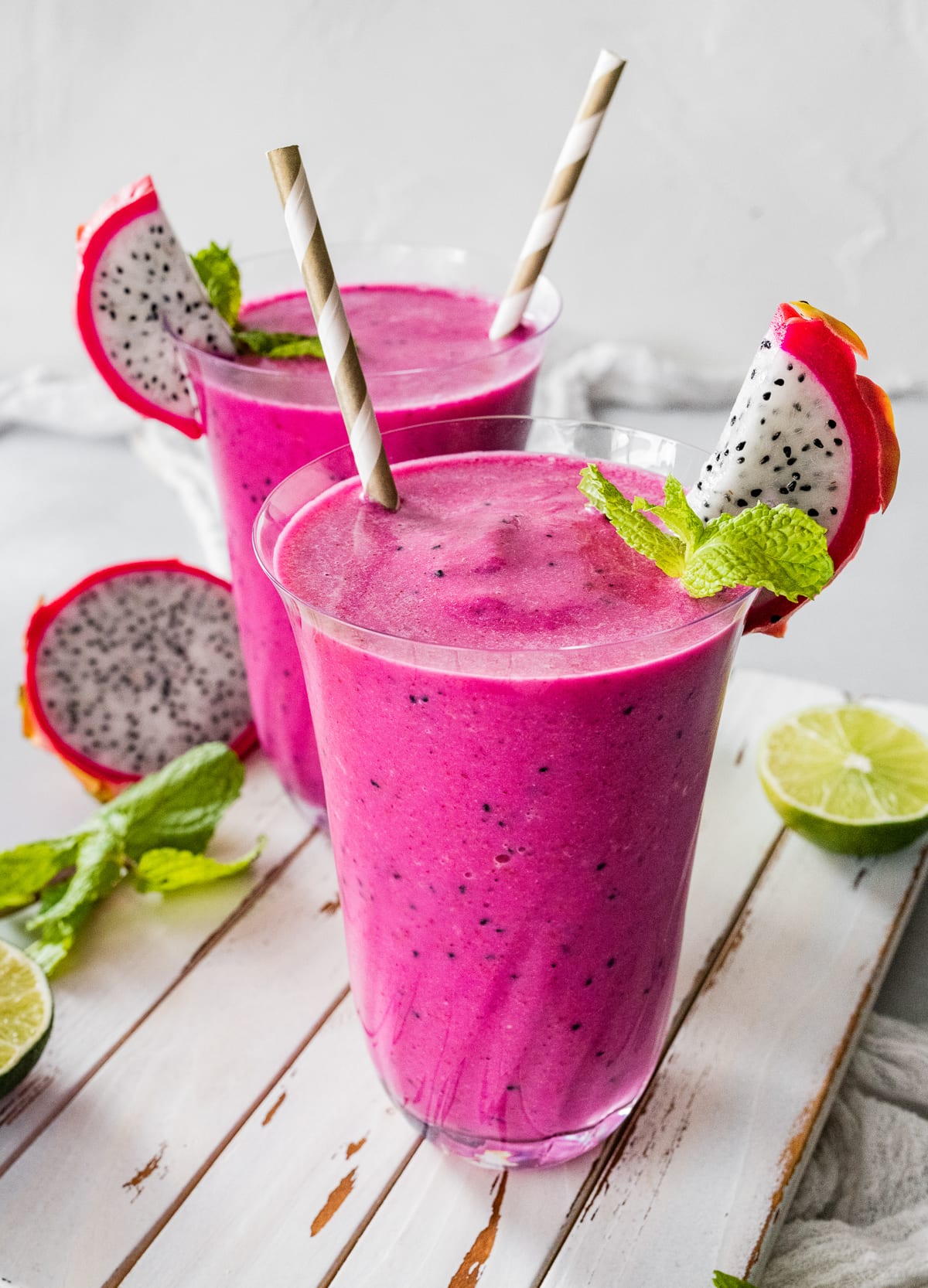Healthy Eating Tips –
Those with excess weight often suffer from depression.
That’s no secret.
What we’re unsure about, though, is which comes first.
Does being seriously overweight directly lead to depression in some people?
Or, does depression cause excess weight gain?
Perhaps it doesn’t really matter in any practical sense anyway, but depression and weight gain certainly seem to go hand-in-hand.
Researchers suggest the two conditions are indeed interdependent, but there isn’t any way of knowing which came first.
One study found that women with excess weight were 27 percent more likely to develop depression than women of normal weight.
In another study, researchers found that depressed people tend to gain weight faster than people who aren’t depressed.
It’s really no stretch of the imagination to think that obesity could lead to depression, or vice versa.

If you were overweight as a child, perhaps you experienced painful ridicule. This can easily lead to problems with body image, social isolation and low self-esteem.
One study actually showed that girls who suffered from depression in late adolescence had a 2.3-fold increased risk of becoming obese in later years.
Of course, being overweight at any age can be a major source of dissatisfaction and frustration.
When you are overweight, it can also lead to chronic joint pain and other conditions, which make it difficult to move around, exercise regularly, and live life the way you would like to.
Then, there’s the serious illnesses connected with obesity, such as diabetes, high blood pressure, and sleep apnea, making life very difficult indeed.
So whichever comes first, it’s a fact that this combination is a very unhealthy one indeed.
How Are Obesity and Depression Connected?
Visceral fat
Scientists actually think there may be specific mechanisms linking depression to the accumulation of fat in the abdominal area.
One study showed that depressive symptoms result in increased abdominal obesity in men.
The researchers concluded,
This study shows that depressive symptoms result in an increase in abdominal obesity independent of overall obesity, suggesting that there may be specific pathophysiological mechanisms that link depression with visceral fat accumulation. These results might also help explain why depression increases the risk of diabetes and cardiovascular disease.
Carrying the bulk of your weight around your waist is a very serious health concern.
Too much belly fat is a huge risk factor for type 2 diabetes, heart disease, and high blood pressure.
If you need to get rid of belly fat, check out my recent article for more info.
So, if you find yourself in that dark valley right now, I want to remind you of 3 important things…
1. Exercise is Key
While exercise can be a major challenge when you are depressed, there is no doubt that regular physical exercise is the cheapest and most efficient way to control your mood.
When you are physically active, there is a release of chemicals in your brain which help to fight depression.
In truth, exercise is a key part of treating both obesity and depression.
And, because it allows you to play an active role in caring for yourself it can really help you to gain a sense of control.
So, try to find an exercise routine which you enjoy and that fits with your current state of mind.
Perhaps that means doing something in your own home. Or, maybe you would prefer to take a fitness class, so that you can exercise with the support of others around you.
Usually the easiest way to get started is to walk.
Wearing a pedometer can be helpful, since it gives you a sense of focus, and a way to record your progress each week.
Relaxing activities like pilates are also helpful in lowering stress hormones like cortisol, and in helping to control blood pressure and improve heart health.
2. Good Food is Essential
I know it can be extremely challenging when your mood is low, but aim to take a break from fast food and other unhealthy eating habits.
Instead, it’s important to make time to cook a meal for yourself at least once each day.
This is about more than just preparing something healthier to eat.
When you get engaged in your own care it helps you to feel like you’re doing something positive to look after yourself.
The added benefit is that a healthier diet will also boost your chance of maintaining a healthier weight.
Several studies have noted significant improvements in depression symptoms after major weight-loss.
The research suggests that younger patients, women, and those with greater excess weight loss, saw the biggest improvement in their symptoms.
3. Natural Remedies May be Useful
If you want to try natural therapies, something you may not have considered trying is aromatherapy.
Licensed Prescriptions say that essential oils have been used for centuries to “benefit the health and well-being of the ‘whole person’ and to help prevent and treat minor medical conditions as well as being an effective tool for relaxation and stress relief”.
And, this isn’t just mumbo jumbo, either. One study concluded;
We recommend that aromatherapy could continue to be used as a complementary and alternative therapy for patients with depression and secondary depressive symptoms arising from various types of chronic medical conditions.
High-frequency oils (like mandarin, orange or lemon) will lift your mood, while lower-frequency oils (like lavender) will help you to feel calmer and promote sleep.
Something else you may like to look into further is cognitive-behavioral therapy.
There’s no denying, depression is a major huge hurdle. But, when it’s paired with the need to lose weight, it can feel almost impossible.
Please know, however, that you can tackle this issue and overcome it.
In fact, keeping a positive attitude is very important, with research indicating those with positive attitudes fight disease better and live healthier lives.
You can do it! Never give up hope!
When the world says, “Give up,” Hope whispers, “Try it one more time. ~Author Unknown
If you enjoyed this article, please do share it… I’d really appreciate that! 🙂
The post Obesity and Depression: Are They Connected? appeared first on Healthy Eating Tips.
(c) Healthy Eating Tips – Read entire story here.









